PVC pipes making clicking noise. Normal?
ehgator
13 years ago
Featured Answer
Sort by:Oldest
Comments (25)
jph1
13 years agoRelated Professionals
Fairfax Handyman · Bethel Park Kitchen & Bathroom Remodelers · Beverly Hills Kitchen & Bathroom Remodelers · Elk Grove Kitchen & Bathroom Remodelers · Kendale Lakes Kitchen & Bathroom Remodelers · Oceanside Kitchen & Bathroom Remodelers · Port Arthur Kitchen & Bathroom Remodelers · Port Charlotte Kitchen & Bathroom Remodelers · Sicklerville Kitchen & Bathroom Remodelers · Sioux Falls Kitchen & Bathroom Remodelers · Superior Kitchen & Bathroom Remodelers · Toms River Kitchen & Bathroom Remodelers · Tuckahoe Kitchen & Bathroom Remodelers · Middlesex Kitchen & Bathroom Remodelers · Westminster Kitchen & Bathroom Remodelersbus_driver
13 years agobrickeyee
13 years agodavidro1
13 years agoehgator
13 years agobrickeyee
13 years agodavidro1
13 years agobus_driver
13 years agoehgator
13 years agobrickeyee
13 years agodavidro1
13 years agodavidro1
13 years agoehgator
13 years agoraschnell_bellsouth_net
12 years agobus_driver
12 years agogeosulcata
11 years agobrickeyee
11 years agoalan_s_thefirst
11 years agobrickeyee
11 years agoalan_s_thefirst
11 years agobrickeyee
11 years agoalan_s_thefirst
11 years agolazypup
11 years agoHU-678838749
3 years ago
Related Stories
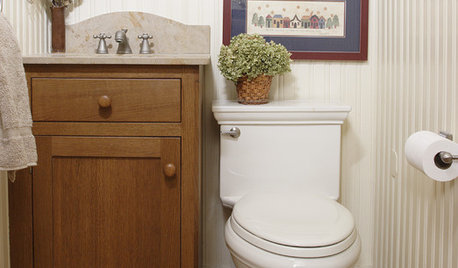
HOUSEKEEPINGWhat's That Sound? 9 Home Noises and How to Fix Them
Bumps and thumps might be driving you crazy, but they also might mean big trouble. We give you the lowdown and which pro to call for help
Full Story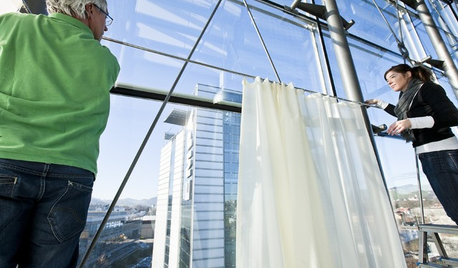
HOME OFFICESQuiet, Please! How to Cut Noise Pollution at Home
Leaf blowers, trucks or noisy neighbors driving you berserk? These sound-reduction strategies can help you hush things up
Full Story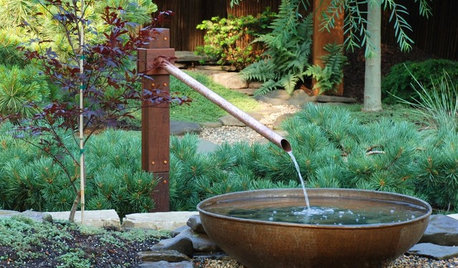
LANDSCAPE DESIGNBeautiful Noise: How to Create a Symphony in Your Garden
Take your surroundings to another level by introducing the element of sound with ground covers, water features and wind catchers
Full Story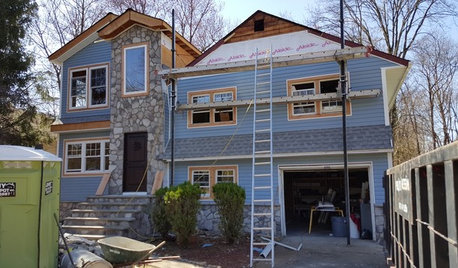
LIFEThe Polite House: How Can I Tell a Construction Crew to Pipe Down?
If workers around your home are doing things that bother you, there’s a diplomatic way to approach them
Full Story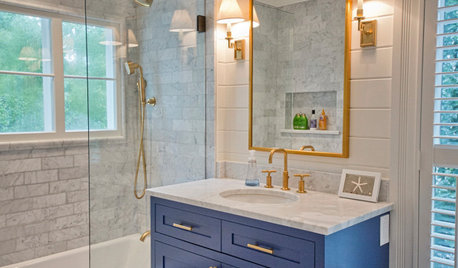
BATHROOM DESIGN12 Designer Tips to Make a Small Bathroom Better
Ensure your small bathroom is comfortable, not cramped, by using every inch wisely
Full Story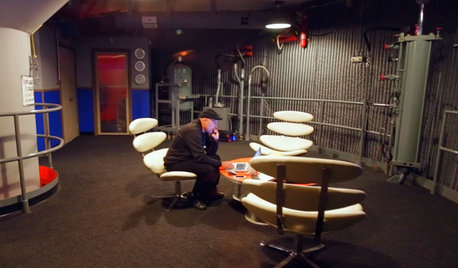
ARCHITECTUREHouzz TV: Man Makes Himself at Home in a Missile Silo
You may have seen the article. Now watch the video of Alexander Michael’s subterranean missile-silo home in upstate New York
Full Story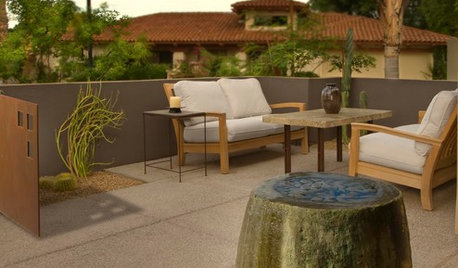
GREAT HOME PROJECTSMake Your Own Tranquil Garden Fountain
With this DIY water feature in your yard, serenity is just a few steps away
Full Story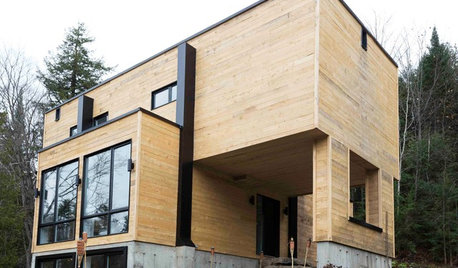
ARCHITECTUREHouzz Tour: Shipping Containers Make for an Unusual Home
Recycling hits the big time as a general contractor turns 4 metal boxes into a decidedly different living space
Full Story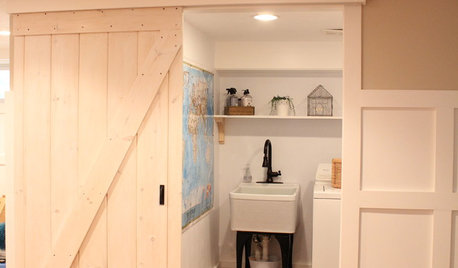
DIY PROJECTSMake Your Own Barn-Style Door — in Any Size You Need
Low ceilings or odd-size doorways are no problem when you fashion a barn door from exterior siding and a closet track
Full Story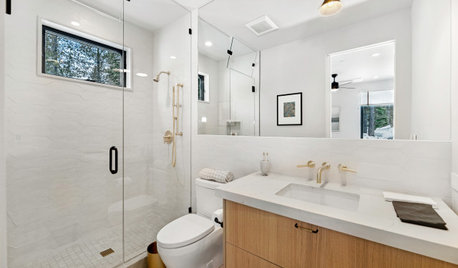
BATHROOM DESIGNKey Measurements to Make the Most of Your Bathroom
Fit everything comfortably in a small or medium-size bath by knowing standard dimensions for fixtures and clearances
Full Story





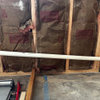
brickeyee